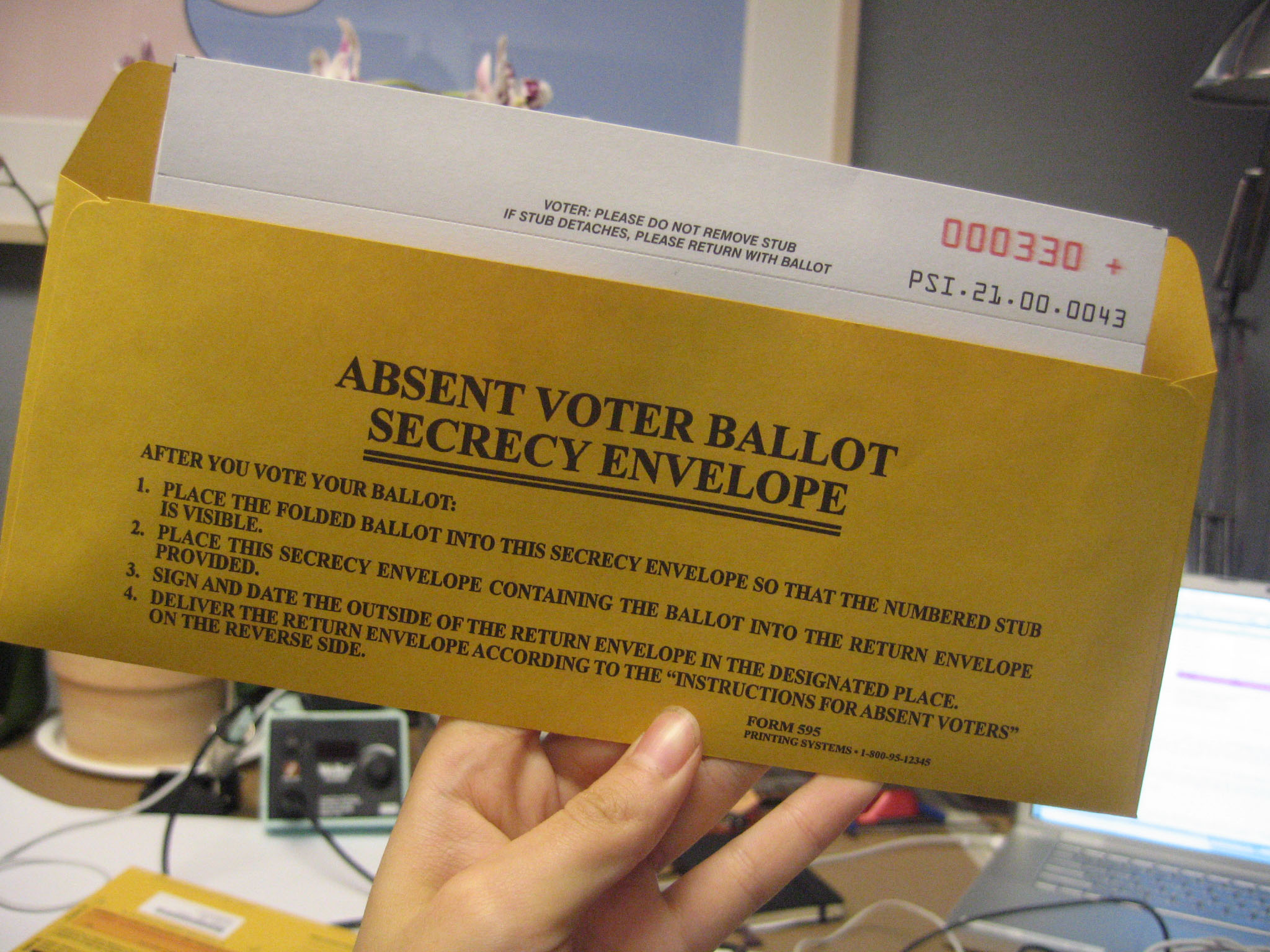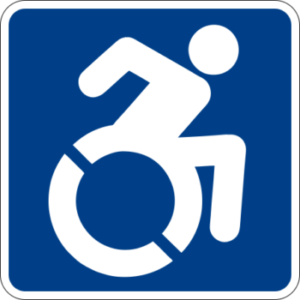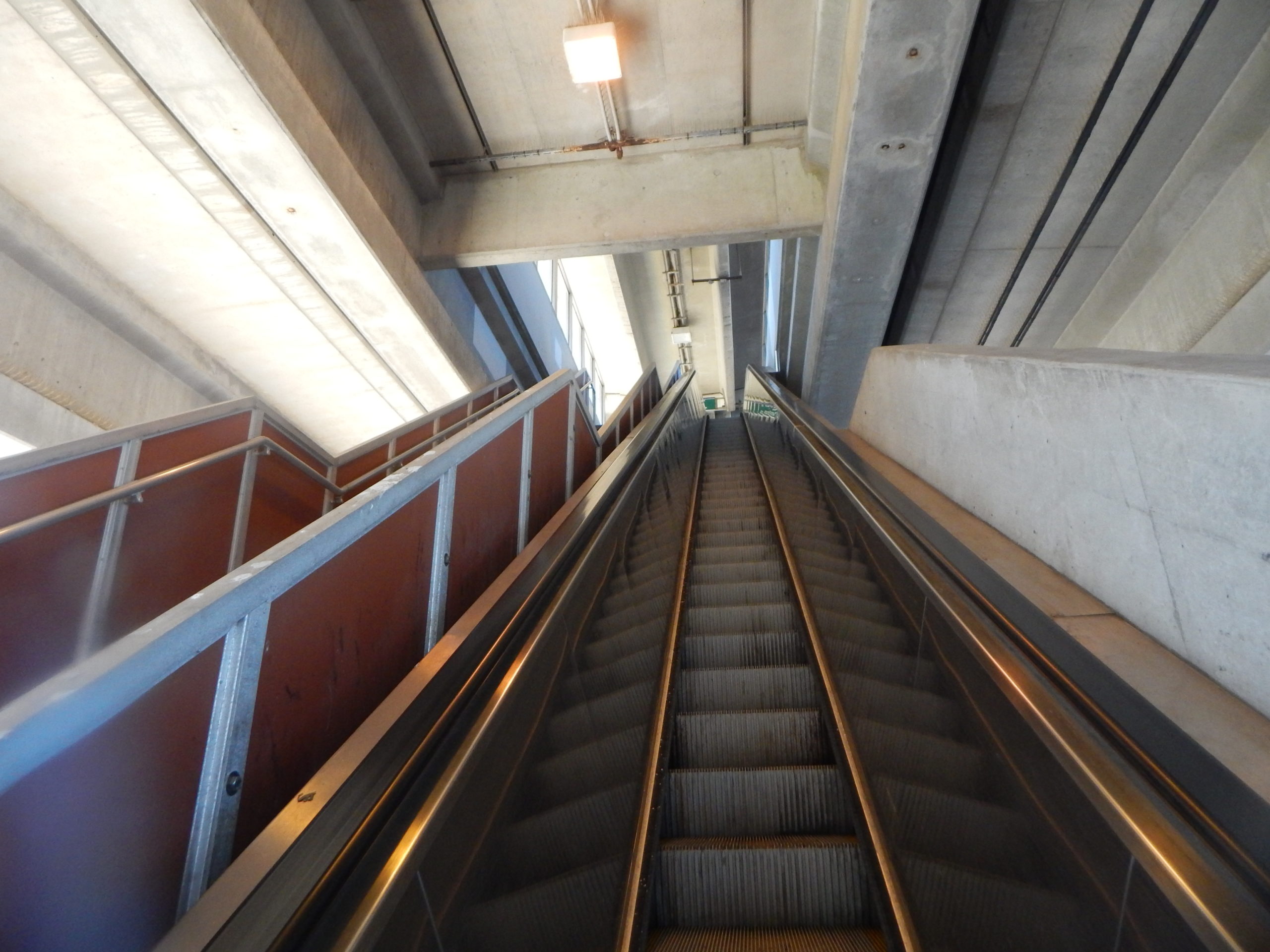July 2020 E-News: DRA Celebrates 30 Years of the ADA
In This Issue
- A Letter from the Interim Executive Director
- A Conversation with Board Member Shane Burcaw
- Impact Report
A Letter From the Interim Executive Director
Today marks the 30th anniversary of the Americans with Disabilities Act (ADA)—the civil rights law that prohibits discrimination against individuals with disabilities in all areas of public life and the legal backbone of DRA’s groundbreaking work to transform society so that people with disabilities can participate equally.
We celebrate this anniversary by reflecting, planning, and doing what we do best: bringing high impact, class action cases that remove systemic barriers facing people with all types of disabilities across the nation.
Reflecting
DRA’s attorneys use the ADA every day to bring about justice for people with disabilities seeking access to healthcare, employment, education, emergency planning, criminal justice, housing, transportation, and more. Countless systems have been transformed thanks to the ADA and DRA’s hard-hitting legal action. And as society copes with wildfires, pandemics, deep civil unrest, and rapidly flourishing technologies, people with disabilities are too frequently left behind. Rebecca Sobie, a new DRA attorney, reflects on what the ADA means to her. Rebecca Williford, who has been with DRA for more than 10 years, explains why the ADA is so significant:
The 30th anniversary of the ADA means so much to me as an attorney at Disability Rights Advocates and as a person with a disability…when I went to law school the buildings I went into to go to class were accessible because of people who went before me and blazed those trails.
Planning
DRA must continue to blaze trails and that’s exactly what we plan to do. We’re welcoming new board members like Shane Burcaw, who is bringing his social media savvy to share DRA’s story with a broader audience. We’re making a commitment to increasing our internal and external equity, justice, and inclusion efforts so that we can best represent all of the disability community, including BIPOC communities. We’re planning our first bi-coastal virtual gala on October 29 to share stories and garner support for DRA’s critical work. And, most importantly, we’re continuing to respond to the emerging needs of our clients—bringing swift legal action and justice for people with disabilities facing illegal discrimination in all areas of life.
Action
DRA’s impact report, as you’ll read below, is remarkable. Thanks to DRA, immigrants with disabilities in ICE detention centers are gaining life-saving protections against COVID-19, voters with disabilities will have an opportunity to participate in upcoming elections, students with disabilities in Los Angeles will be able to access education, and the Long Island Railroad will install elevators in three stations ensuring that everyone can access this critical public transportation. And the list goes on.
The world is facing unprecedented challenges and DRA is rising to meet them. I couldn’t be prouder to be a part of this community of clients, staff, volunteers, donors, and supporters.
Happy 30th anniversary to the ADA. Here’s to the next 30 years of progress towards equality,
Kate Hamilton, Interim Executive Director

A Conversation with Board Member Shane Burcaw

DRA is excited to welcome Shane Burcaw to our Board of Directors. Shane is the author of three award-winning books about living with a disability. Shane co-founded Laughing At My Nightmare, Inc. in 2012, which has provided hundreds of thousands of dollars in adaptive equipment to people living with muscular dystrophy diseases. He and his fiancée, Hannah Aylward, are the duo behind Squirmy and Grubs, a YouTube channel that offers a behind-the-scenes look at their interabled relationship.
Impact Report
Voting

DRA and a coalition of disability organizations filed a lawsuit against the New York State Board of Elections for excluding New Yorkers with disabilities as their Absentee Ballot program expanded in response to COVID-19.
The following month, a federal court approved an agreement that provided voters a more accessible absentee ballot for the June Primary Election. Plaintiffs will continue their pursuit for a fully accessible absentee ballot for the November 2020 General Election and all subsequent elections. All New Yorkers deserve to vote safely and independently, especially during the COVID-19 crisis.
Detention

In response to an emergency preliminary injunction filed by DRA and a coalition of civil rights groups, a judge ordered ICE to conduct new assessments for every person in detention at heightened risk of contracting COVID-19, regardless of immigration case.
In recent weeks, COVID-19 cases have continued to skyrocket in ICE detention centers across the country – a grim reality proving that the agency is knowingly putting people at risk in defiance of the Court’s order. DRA and partners fired back by filing a motion to enforce the order.

DRA’s settlement with Kern County Juvenile Facilities has been approved in federal court. Kern County will transition its juvenile facilities “from a corrections model to a treatment model” which will involve modifying their policies and procedures to ensure that youth with disabilities are identified and tracked, housed in a safe and supportive environment, provided reasonable accommodations, and given equal access to educational and rehabilitative services.
Education

The Ninth Circuit Court of Appeals ruled in favor of students with disabilities seeking access to West Los Angeles College, finding that WLAC must provide equal access to all students, staff, and visitors with disabilities. After WLAC abruptly stopped providing shuttle service, plaintiffs experienced extreme hardship, humiliation, injury, and the risk of being unable to complete their education.

DRA has filed a Charge of Discrimination with the Equal Employment Opportunity Commission, challenging the New York City Department of Education’s longstanding failure to provide its employees with legally required reasonable accommodations, including an accessible restroom or a fully accessible designated evacuation point in the event of an emergency.
Transportation

Resulting from a settlement with DRA, the MTA and Long Island Railroad have agreed to install elevators and make essential updates to bring three LIRR stations into full compliance with the ADA.

A previous ruling in another DRA case against the MTA was affirmed, holding that the MTA can be held accountable under the New York City Human Rights law for widespread inaccessibility in the New York City subway system. This decision allows DRA’s civil rights lawsuit to go forward and guarantees that the MTA is not above the law when it comes to discrimination happening in the system it operates.
New Cases

DRA filed a Charge of Discrimination with the Equal Employment Opportunity Commission against the State of New York, challenging New York’s rule disqualifying anyone with vision lower than 20/40 from being hired as a Mental Health Therapy Aide Trainee. The policy bears virtually no connection to the position’s duties and excludes qualified candidates based on disability without considering if they can actually do the job.
DRA filed a class action lawsuit on behalf of deaf individuals with intellectual and developmental disabilities, challenging the California Department of Developmental Services’ systematic discrimination against deaf people who have been denied accommodations for effective communication, such as interpreters, staff fluent in ASL, or communication devices.
